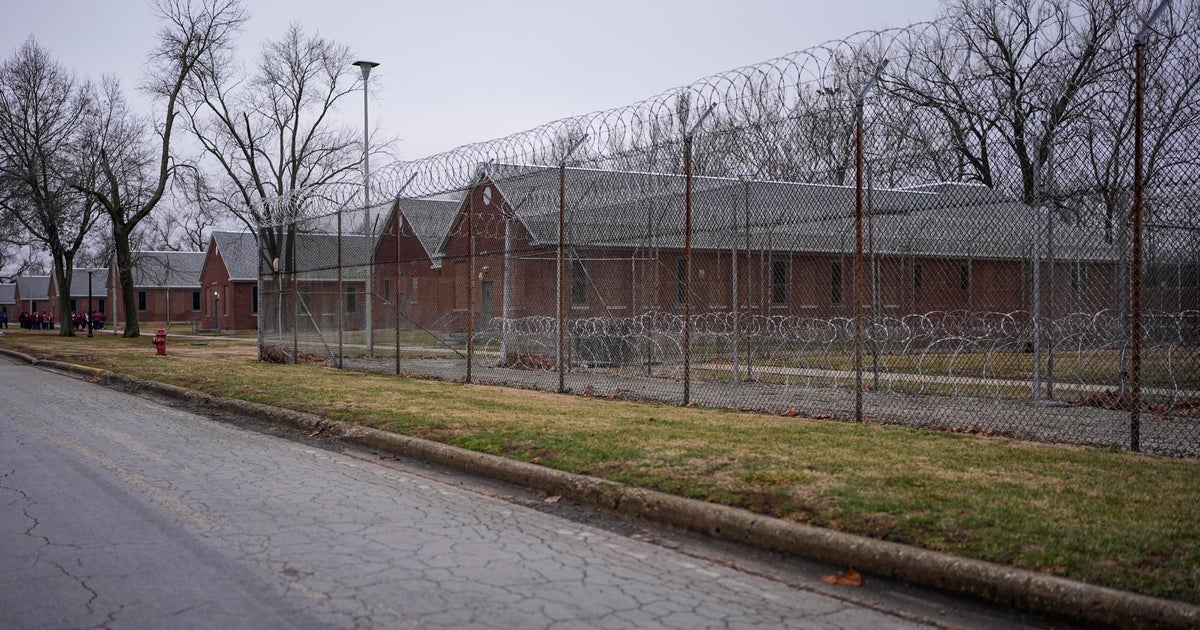Big U.S. pork producers accused of price-fixing
Did several big U.S. pork producers illegally conspire to fatten prices for their own benefit? A federal class action accuses several industry players -- including Smithfield Foods, Hormel Foods (HRL) and Tyson Foods (TYSN) -- of colluding to fix the price of pork by exchanging confidential information via an outside market monitor called Agri Stats. The result, the suit says, caused consumers to pay artificially high prices.
The 98-page lawsuit filed Thursday in U.S. District Court in Minnesota claims that since at least 2009, pork companies exchanged "detailed, competitively sensitive and closed guarded non-public information about prices, capacity, sales volume and demand through their co-conspirator Agri Stats."
This information is contained in "benchmarking" reports that Agri Stats provides on a weekly and monthly basis to most pork producers. These reports allow companies to compare their profits and performance against their rivals. Agri Stats, however, provides detailed enough nonpublic information to allow companies to determine which data came from which producer, and according to the lawsuit, that's problematic.
"The purpose of these reports was not to provide better prices to consumers or to lower the costs of production," the lawsuit says. "Instead, the clear purpose was to improve the profitability of the co-conspirators. … Much of the information shared by Agri Stats and the co-conspirators was unnecessary to achieve any benefits for consumers. Exchanging individual company data (particularly current data on prices and costs) is not required to achieve major efficiencies."
Ball Park Franks, Hillshire Farm, Jennie-O, Jimmy Dean, Nathan's Famous, SaraLee and Spam are among the brands affected by the alleged price fixing. The lawsuit, which is seeking in excess of $5 million in damages, has a dozen plaintiffs. It seeks refunds for consumers who were overcharged for pork products such as ham, bacon, sausage and lunch meats.
One reason the alleged price-fixing was so successful for so long is the concentration in the pork market. As the lawsuit notes, the top four pork processors increased their market share from 34 percent in 1988 to about 70 percent in 2015. High costs to enter the market also keeps out new competitors, the filing says.
Pork prices showed "abnormal" price movement that coincided with the start of the conspiracy, according to the suit. Average annual prices for the hog market were at or below $50 every year between 1998 and 2009 before surging to $76.30 in 2015, an increase of more than 50 percent.
"Hardworking families across the nation strive to put food on the table, but little do they know, the game is rigged from the beginning: the largest food companies are secretly ensuring their dollar doesn't go as far at the supermarket as it should," said Steve Berman, managing partner of law firm Hagens Berman, in a press release. "We're seeking to hold Tyson, Hormel, and others accountable for this nearly decade-long scheme to hog their share of profits."
Hormel, the corporate parent of Spam, has vowed to fight the suit, which it says is "completely without merit." Officials from Tyson and Smithfield couldn't immediately be reached for comment. An employee at Agri Stats, which is also at the center of a chicken price-fixing suit filed earlier this year, said it would have no comment on the current case. The chicken lawsuit was filed by the same law firm that brought the legal action against the pork industry.



